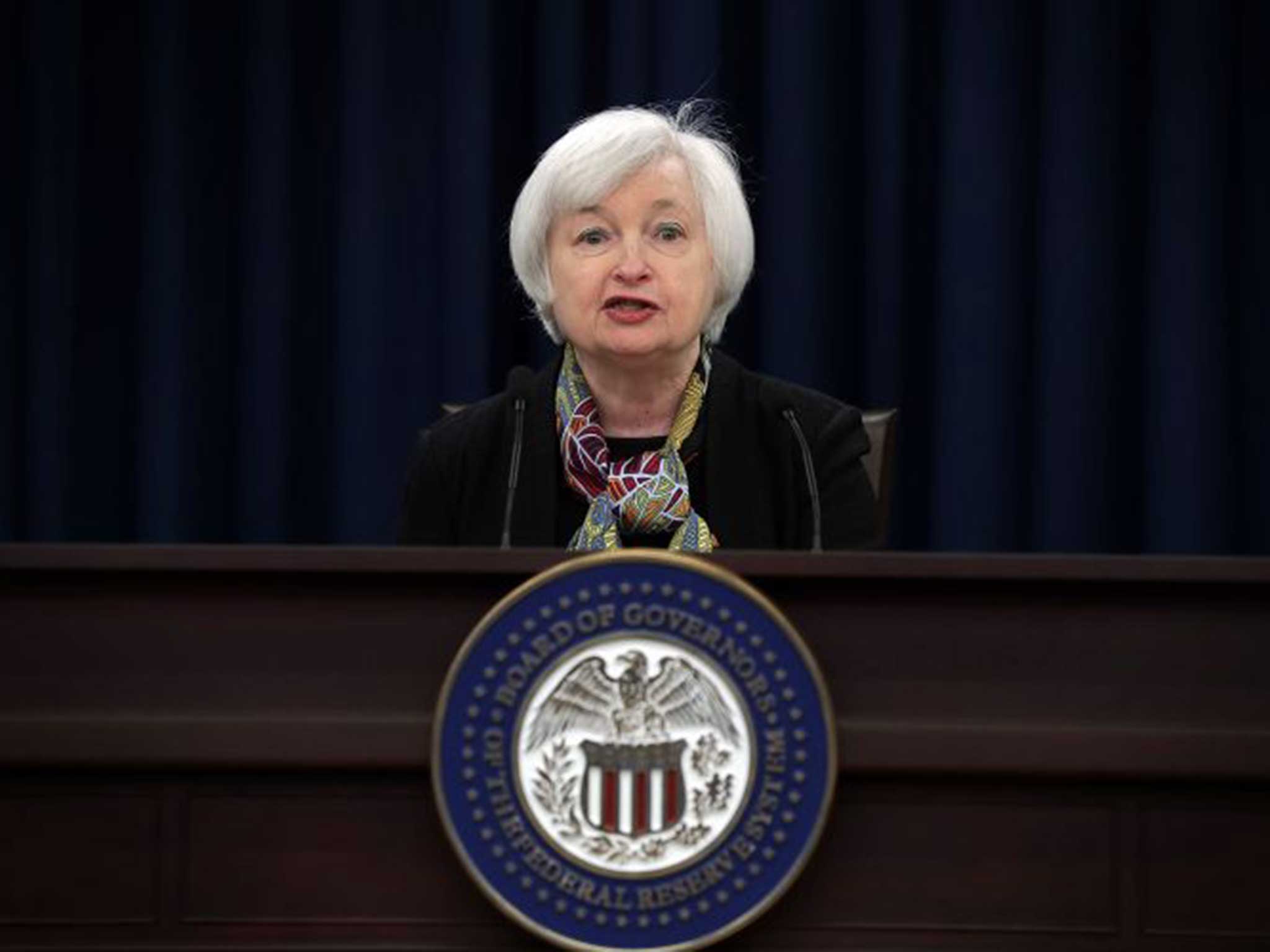From universal income to Brexit's effects on the pound, here are the five big economic issues to look out for this week
The opinion polls feed the markets. What is interesting about this, however, is whether the markets will also start to feed the polls. In other words, if the pound weakens further, will this bring more support to the Remain camp?


It is another week when the economic headlines will be dominated by two stories: the US interest rates and Brexit. But for me, the most interesting thing will be the fall-out from the Swiss referendum on people being guaranteed a basic minimum income. The referendum rejected the idea by a huge margin. But it won’t go away and the reaction to the vote will shake out ideas as to how the present European welfare state model might be reformed in the future.
The concept is extremely simple. Instead of having the complex and expensive-to-administer web of benefits that has evolved over the past century in every developed country, it posits that we should have the state pay everyone a minimum wage, from which they can make their own decisions as to what they spend it on. In Switzerland the idea was that every adult should be given about £21,000 a year, whether they worked or not, with additional payments for children – though this degree of detail was not on the ballot papers.
While this has now been rejected, there is a pilot scheme planned to start in Finland next year, with another scheme starting in Utrecht, in the Netherlands, in January. The idea of a universal basic income is also being promoted in the US by Charles Murray, now a scholar at the American Enterprise Institute, the centre-right think tank in Washington. Clearly this is a concept that cuts across the usual political boundaries.
The point usually made by promoters is that work has become so uncertain and people’s circumstances are so different that the old welfare state model of support is too rigid to cope. The problem is that the pot of money available for social support is finite, and that were some people to do better as a result of the introduction of a universal income, others would do worse. This may turn out to be an idea that has legs and is introduced more widely. Or it may be like the concept of a flat rate of taxation, which a few countries have brought in, but which has failed to be adopted more widely. The reaction to the Swiss vote this week will give us a feeling for whether the idea will run.
The second and third things to consider this week will be Federal Service chair Janet Yellen’s speech tomorrow, and interaction between the markets and public opinion regarding Brexit.
As far as Yellen and the Federal Reserve are concerned, the issue is simply whether the US is creating jobs fast enough to justify another interest rate cut this month. The job figures last Friday were weak, but unemployment fell. Were the numbers rogue figures? Or did they suggest the economy was really slowing?
We will catch a feeling for the view of the Fed this week, for Yellen’s speech will be the last such statement before the rate-setting Fed meeting on 14 and 15 June.
On Brexit, the short-cut to what is going on is the sterling-dollar exchange rate. The more likely Brexit seems, the weaker the pound. The opinion polls feed the markets. What is interesting about this, however, is whether the markets will also start to feed the polls. In other words, if the pound weakens further, will this bring more support to the Remain camp?
Britons do not like having a weak currency, and not just because the holiday season is coming up. A weak pound, like the prospect of weaker house prices, might push some waverers towards Remain.

The fourth economic issue to bear in mind this week concerns China, specifically information out of it. One of the big worries about China is the willingness of the authorities to press on scrapping excess capacity. Japan hung on to its zombie companies, and there is great domestic pressure for China to do the same. Any signal of willingness to push through supply-side reforms is positive for the world economy.
Finally, back to home: what will happen in the Business, Innovation and Skills Committee and the Work and Pensions Committee jointly grill Sir Philip Green and Dominic Chappell regarding the collapse of BHS? Sir Philip is due on 15 June, but first let’s see how Mr Chappell gets on this Wednesday.
Join our commenting forum
Join thought-provoking conversations, follow other Independent readers and see their replies
Comments
Bookmark popover
Removed from bookmarks